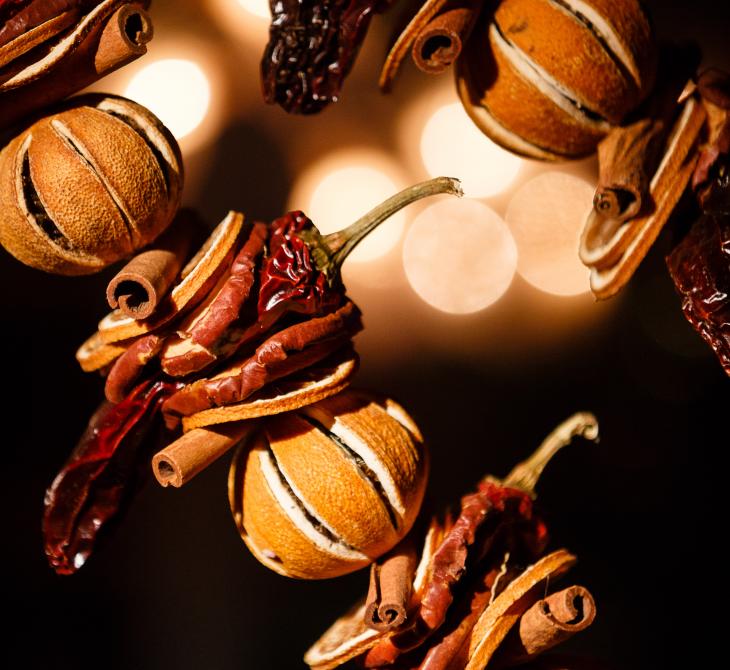4. Shop local
Shopping locally and from small independent businesses minimises your carbon footprint and supports individuals and their families.
Local Christmas markets, craft fairs and online marketplaces like Etsy are bursting with unique gifts that cater to all kinds of budgets.
5. Shop ethically
Shop from sustainable brands – look for the Fairtrade logo to ensure farmers and workers have ethical working conditions and fair wages, and check the company’s ‘about us’ page on their website to see what measures they’re taking to protect the planet.
Eden’s ethical online shop is packed full of sustainable gift ideas. Christmas gifting is an excellent way to encourage your loved ones to take steps towards zero-waste living.
6. Pre-loved gifts
Have you considered buying second hand or re-gifting something that you already own? You can find amazing items in charity shops and listed online on sites like Facebook Marketplace.
Pre-loved gifts will make your money stretch much further, and stops things ending up in landfill. From toys to new-to-you pieces of tech, there’s a good chance someone local will have what you’re looking for.
7. Homemade
Homemade presents can be very economical and make really thoughtful gifts. From baking to craft projects, there are plenty of ideas and how-to guides across the internet. Make sure you use materials that are recycled, recyclable or compostable, and try and source them as locally as possible.
8. Gifting experiences
Gifts don’t have to be physical. Have you thought about gifting an experience? From Memberships (such as Eden’s) and experience days (like our Premium Experiences), to homemade vouchers promising evenings of stargazing and hot chocolate – with a bit of imagination you can tailor-make special memories that are longer-lasting than a physical gift.
You can also purchase charity gifts from lots of organisations such as ShelterBox and Oxfam, that will provide supplies to people in need.
Here at Eden you can even become a Rainforest champion by adopting a rainforest creature.
9. Wrapping
There are plenty of alternatives to traditional wrapping paper.
Reusable fabric wraps, newspaper and decorated brown paper can make gifts stand out under the tree. You can also cut up old Christmas cards to make your own DIY gift tags.
Avoid using plastic ribbon and sticky tape – instead there are paper and gum tapes available, as well as natural twine for a rustic finish. Save the ribbons and decorations from old gifts to reuse in your wrapping.
If you’re sticking with traditional Christmas paper, remember to look for recycled or FSC-certified paper without any foiling that passes the ‘scrunch test’, which means it can be recycled again.








